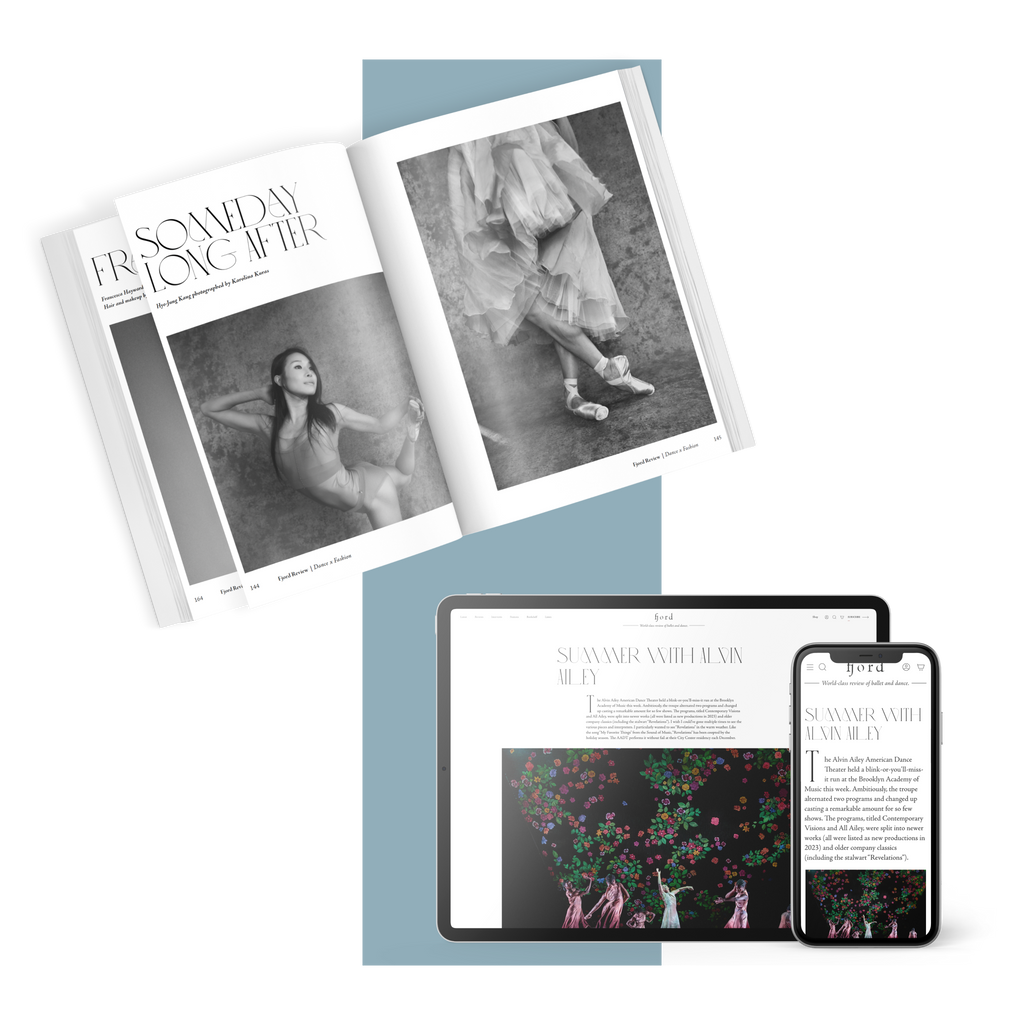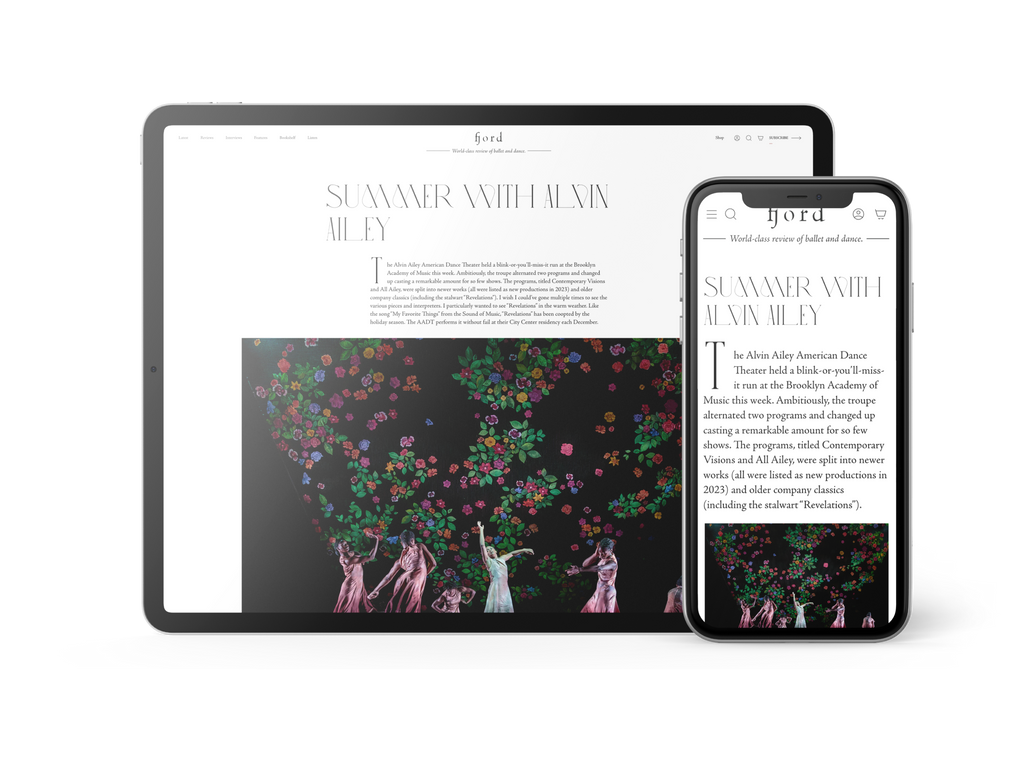Talent Time
It’s “Nutcracker” season at San Francisco Ballet—36 performances packed into three weeks—which means that the company is currently serving two distinct audiences.
Continue Reading
World-class review of ballet and dance.
In a world in the midst of war, emerging from its post-pandemic slumber, themes and acts of unity, contact and harmony are more than welcome. The differences that make us human are also, dichotomously, the magic that brings us closer together. The subtle nuances of language, the freckles on your skin, the color and glorious hues of your eyes, the food you eat and the mannerisms and peculiarities that identify you as you, are the uncompromising glue that holds us together.



Starting at $49.99/year
Your weekly source for world-class dance reviews, interviews, articles, and more.
Already a paid subscriber? Login
It’s “Nutcracker” season at San Francisco Ballet—36 performances packed into three weeks—which means that the company is currently serving two distinct audiences.
Continue ReadingLast week I caught up with choreographer Pam Tanowitz and Opera Philadelphia’s current general director and president, countertenor Anthony Roth Costanzo to talk about “The Seasons,” the company’s latest production premiering at the Kimmel Center’s 600-plus seat Perelman Theater on December 19.
Continue ReadingIf Notre-Dame remains one of the enduring symbols of Paris, standing at the city’s heart in all its beauty, much of the credit belongs to Victor Hugo.
Continue ReadingWhen dancer and choreographer Marla Phelan was a kid, she wanted to be an astronaut. “I always loved science and astronomy,” Phelan said.
Continue Reading
comments